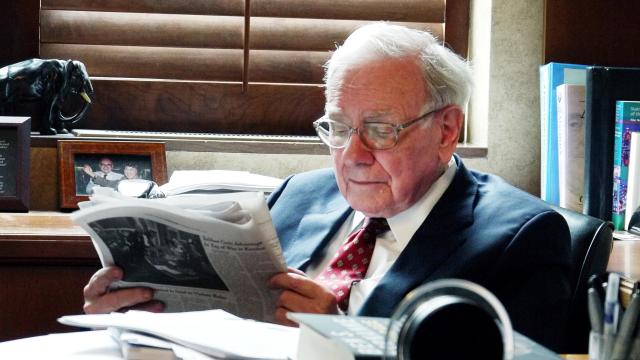- Joined
- Aug 21, 2009
- Messages
- 19,451
- Reaction score
- 7,058
- Location
- Pindostan
- Gender
- Male
- Political Leaning
- Other
Berkshire Hathaway’s cash pile swelled to a record $276.9 billion last quarter as Warren Buffett sold big chunks in stock holdings including Apple.
The Omaha-based conglomerate’s cash hoard jumped significantly higher from the previous record of $189 billion, set in the first quarter of 2024. The increase came after the Oracle of Omaha sold nearly half of his stake in Tim Cook-led tech giant in the second quarter.
Berkshire has been a seller of stocks for seven quarters straight, but that selling accelerated in the last period with Buffett shedding more than $75 billion in equities in the second quarter. That brings the total of stocks sold in the first half of 2024 to more than $90 billion. The selling by Buffett has continued in the third quarter in some areas with Berkshire trimming its second biggest stake, Bank of America, for 12 consecutive days, filing this week showed.
MSN
www.msn.com
What? He doesn’t seem particularly excited about investing in Joe’s “historic” economy, having liquidated $90 billion worth of stock in the second quarter, including reducing large stakes in core holdings Apple and Bank of America. Anyone think he’s buying AMD or Nvidia on the dip?

